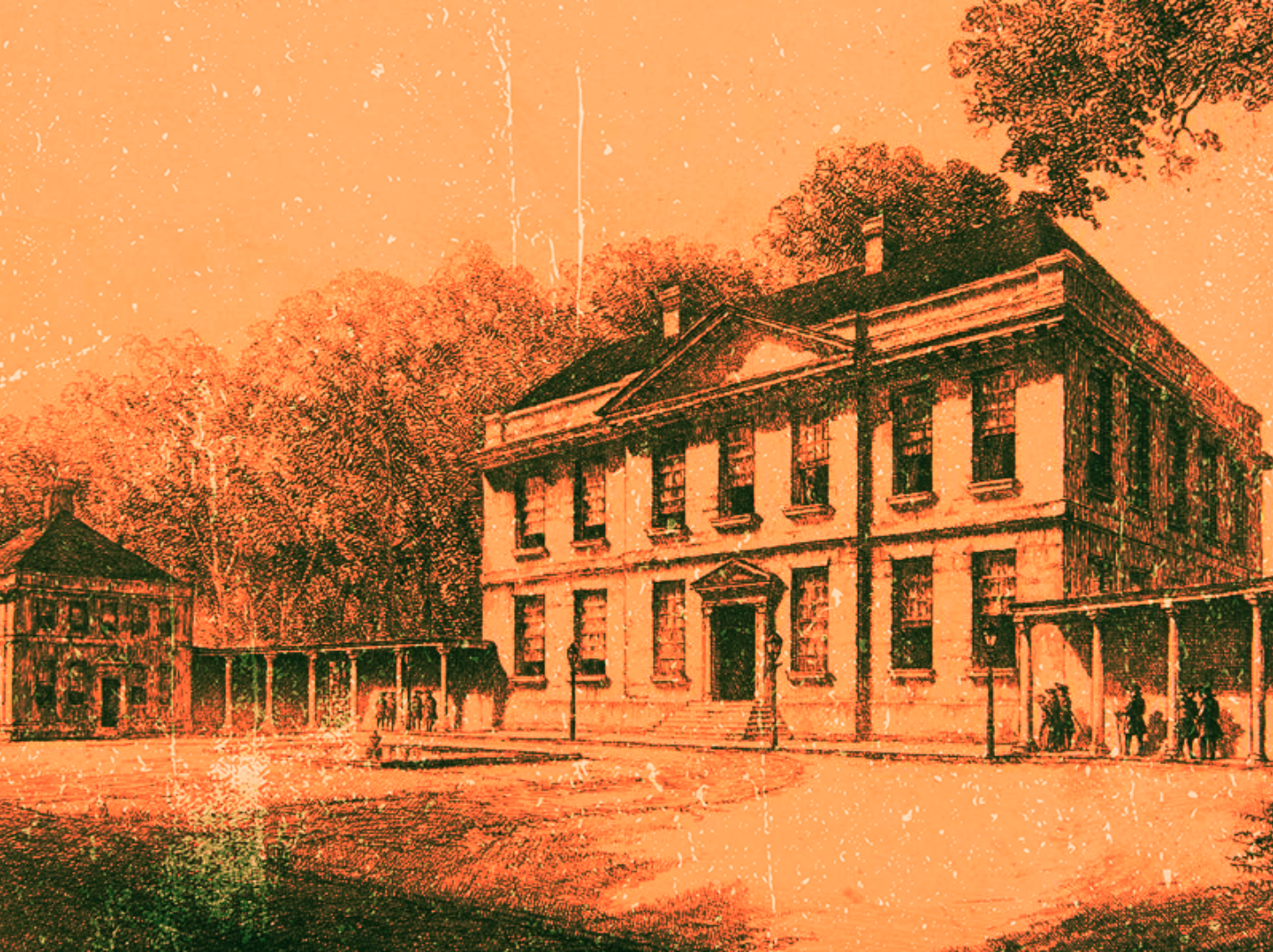
Between August 25 and August 27, 1774, the First North Carolina Provincial Congress met in New Bern, North Carolina. There they passed resolutions that they would not import any goods from Britain, including slaves, until the Intolerable Acts were rescinded. They also selected delegates for the First Continental Congress, which would meet the next month. Everything Massachusetts or Virginia would do, North Carolina would do, too.
North Carolina’s Provincial Congress, with representatives from just about every town and county in North Carolina, was not royally authorized—a first step on the road to revolution. South Carolinians, meanwhile, had met in a General Assembly on July 6 to choose delegates to the First Continental Congress, although their own first Provincial Congress would not be until January 1775. Georgia would not become revolutionary until 1775—that exposed frontier colony was more hesitant than its peers to move toward revolution. But North Carolina, in August 1774, was pioneering the Deep South’s embrace of the American Revolution.
It would not be an American revolution until that happened. Massachusetts was revolutionary from the beginning. The revolutionary sentiment spread to New York, to Virginia—now it was spreading to the colonies of British North America the farthest from Massachusetts, with the fewest sympathies of faith and kith. From New Hampshire to South Carolina, and soon enough to Georgia, Americans would be united in embargoing Great Britain, in defense above all of Massachusetts, and to resist jointly British tyranny.
In the South, they actually did embargo slaves—Georgia more reluctantly, but, as W.E.B. DuBois noted, Americans virtually ceased importing slaves in 1775.
The resolutions that North Carolina voted on in August 1774 would go into effect the following year. Did Southerners become immediate abolitionists? No. But if all Americans sacrificed their material interests in the cause of their common liberty, but the South, dependent on commodity exports and slave imports as the North was not, sacrificed even more in liberty’s cause. For that sacrifice the patriots of the Deep South deserve our especial gratitude.
We should look again at where all the North Carolina Provincial Congress delegates came from. Anson and Bute, Carteret and Dobbs, Granville and Hyde. Mecklenburg and Onslow, Pasquotank and Perquimans, Tyrrell and Wake. Edenton and New Bern, Wilmington and Bath, Halifax and Salisbury. A host of towns and counties, places that people in London scarcely knew or not at all—established farms, backwoods, frontier stretches, the flyover country of 1774. The broad scattering of Americans in every little hamlet and unknown nook of the country. The people from nowhere came together to challenge the metropolis of the world in the cause of liberty.
Places like Butler, Pennsylvania, and people like Corey Comperatore, who have sacrificed more than most of us for liberty’s cause.
The people from nowhere can come together to make a revolution—just as they did in North Carolina in 1774.
Art by Beck & Stone
“Places like Butler, Pennsylvania, and people like Corey Comperatore, who have sacrificed more than most of us for liberty’s cause.”
The House voting 416-0 to establish a task force to investigate what happened in Butler is actually a good thing — it’s been a long time since the entire body has agreed on anything, and I compare this to Pelosi’s Jan 6th witch hunt commission.